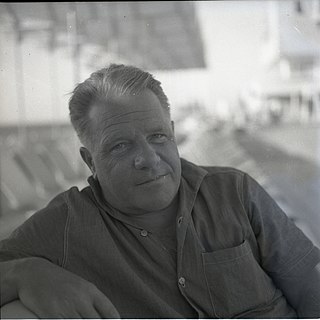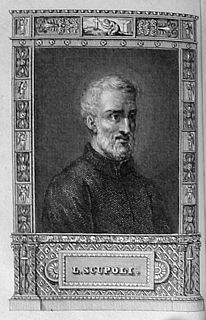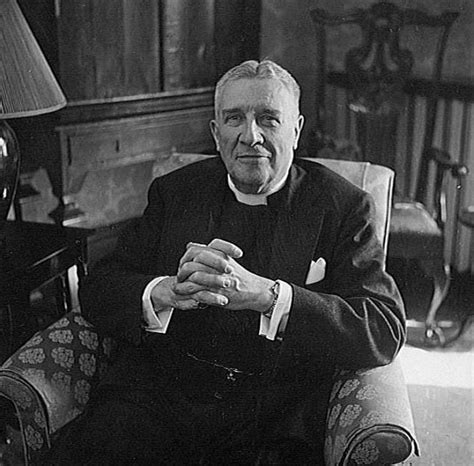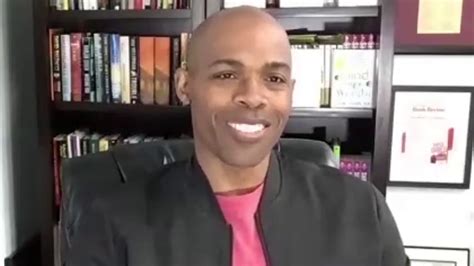A Quote by Lawrence Durrell
You see, nothing matters except pleasure - which is the opposite of happiness, its tragic part, I expect.
Related Quotes
Pleasure is not the goal of man, but knowledge. Pleasure and happiness comes to an end. It is a mistake to suppose that pleasure is the goal. The cause of all the miseries we have in the world is that men foolishly think pleasure to be the ideal to strive for. After a time man finds that it is not happiness, but knowledge, towards which he is going, and that both pleasure and pain are great teachers.
Sorrow, terror, anguish, despair itself are often the chosen expressions of an approximation to the highest good. Our sympathy in tragic fiction depends on this principle; tragedy delights by affording a shadow of the pleasure which exists in pain. This is the source also of the melancholy which is inseparable from the sweetest melody. The pleasure that is in sorrow is sweeter than the pleasure of pleasure itself.
You make the mistake of thinking you have to choose, that you have to do what you want, that there are conditions for happiness. What matters — all that matters, really is the will to happiness, a kind of enormous, ever present consciousness. The rest - women , art, success — is nothing but excuses. A canvas waiting for our embroideries.
We should feel with our whole heart that we have no one to rely on except God, and that from Him and Him alone can we expect every kind of good, every manner of help, and victory. Since we are nothing, we can expect nothing from ourselves, except stumblings and falls, which make us relinquish all hope of ourselves. On the other hand, we are certain always to be granted victory by God, if we arm our heart with a living trust in Him and an unshakable certainty that we will receive His help.
People expect some kinds of decisions from Putin that will help them see their own future. A significant part of the people that he relies on are quite content with him telling them that nothing is going to change. But that part of the elite that does want to see some changes and improvements are going to expect him to, in his next term, bring Russia back into the club of the great powers.
I love the idea of the big life - the life that matters, the life that makes a difference. The life where stuff happens, where people take action. The opposite of the life where the girl can't even speak to the boy she likes; the opposite of the life where the friends aren't even good friends, and lots of days are wasted away feeling bored and kind of okay, like nothing matters much.
Lenten practices of giving up pleasures are good reminders that the purpose of life is not pleasure. The purpose of life is to attain to perfect life, all truth and undying ecstatic love - which is the definition of God. In pursuing that goal we find happiness. Pleasure is not the purpose of anything; pleasure is a by-product resulting from doing something that is good. One of the best ways to get happiness and pleasure out of life is to ask ourselves, 'How can I please God?' and, 'Why am I not better?' It is the pleasure-seeker who is bored, for all pleasures diminish with repetition.
[The church] is in its major part an opponent still of progress and improvement in all the ways that diminish suffering in the world, because it has chosen to label as morality a certain narrow set of rules of conduct which have nothing to do with human happiness; and when you say that this or that ought to be done because it would make for human happiness, they think that has nothing to do with the matter at all. "What has human happiness to do with morals? The object of morals is not to make people happy.







































